- Chinese Foreign Ministry advises its citizens to avoid travel to Iran news.cgtn.com
- China tells its citizens in Iran to ‘evacuate as soon as possible’ The Times of Israel
- Prime Media(@Crypto-Irfan)’s insights Binance
- China advises its…
Category: 2. World
-
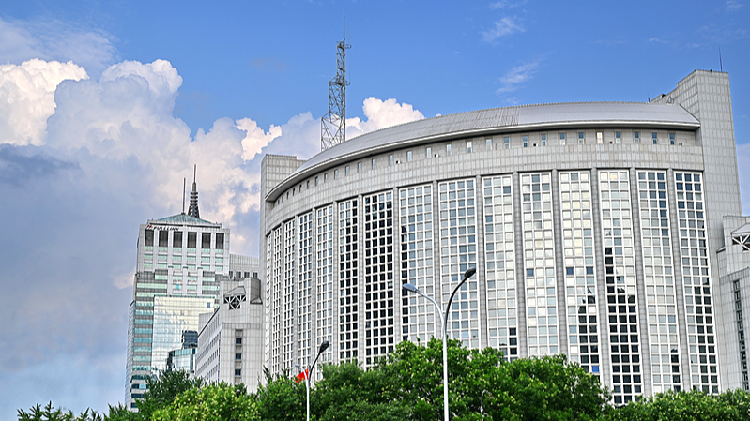
Chinese Foreign Ministry advises its citizens to avoid travel to Iran – news.cgtn.com
-

Trump ‘not happy’ with Iran situation and says military force is still an option | Israel
Donald Trump says he has not made a final decision on whether to launch strikes on Iran but is “not happy” with the situation and military force – including regime change – remains an option.
The remarks came at the White House on Friday…
Continue Reading
-
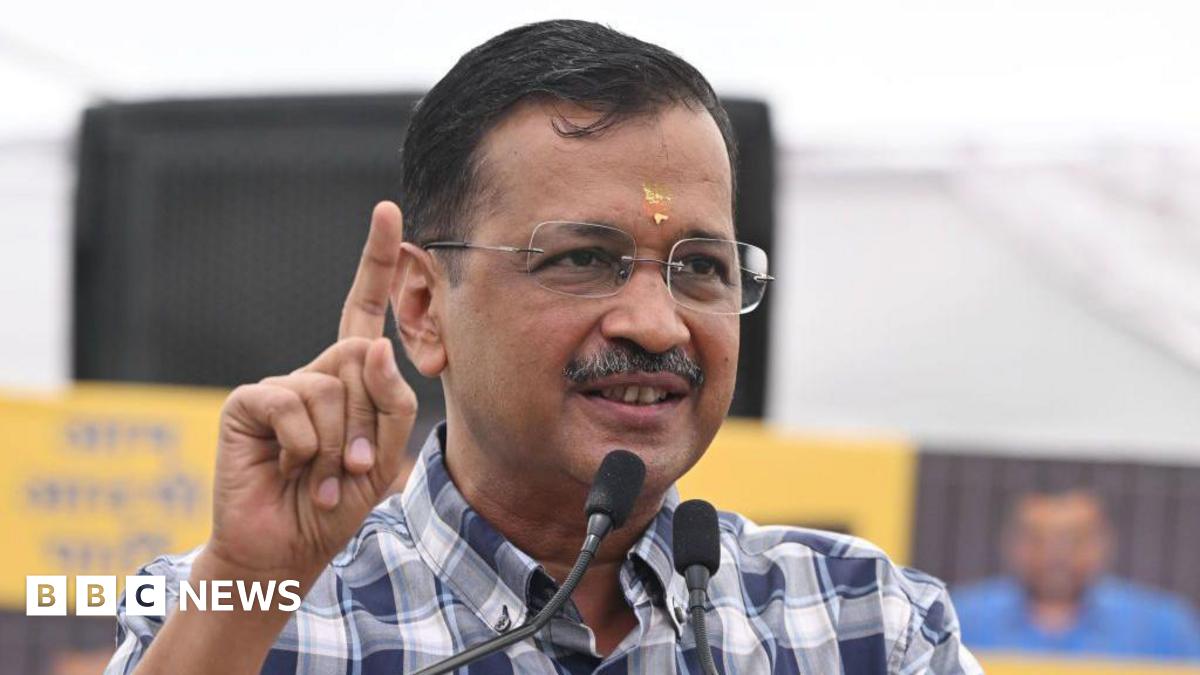
Arvind Kejriwal: Indian court closes corruption case against former Delhi chief minister
Following Friday’s order, Kejriwal broke down outside the court while talking to journalists as former deputy chief minister Manish Sisodia hugged him.
“In the end, unrighteousness and injustice are defeated and truth alone prevails,” Kejriwal…
Continue Reading
-
Diplomacy, not Netanyahu, should guide Trump on Iran – Arab News
- Diplomacy, not Netanyahu, should guide Trump on Iran Arab News
- War With Iran Would Be Illegal and Stupid. Democrats Should Care. Foreign Policy
- For Iran’s Regime, Better to Take a Beating than Capitulate War on the Rocks
- Jonah Goldberg: The…
Continue Reading
-

World’s largest aircraft carrier arrives on Israeli shores amid US military buildup in region
The US aircraft carrier Gerald R. Ford, the world’s largest, arrived on the shores of Israel on Friday, according to Israeli Channel 12.
No official announcement has been made by the US military.
The media report noted that the arrival of the…
Continue Reading
-
Iran, Palestine and the Future of the Next Century: The Final Strategic Test – Palestine Chronicle
- Iran, Palestine and the Future of the Next Century: The Final Strategic Test Palestine Chronicle
- Another geopolitical storm The Express Tribune
- For Iran’s Regime, Better to Take a Beating than Capitulate War on the Rocks
- The United States Is…
Continue Reading
-

US-Iran tensions threaten Pakistan’s economic fragility
US-Iran tensions threaten Pakistan’s economic fragility
…
Continue Reading
-
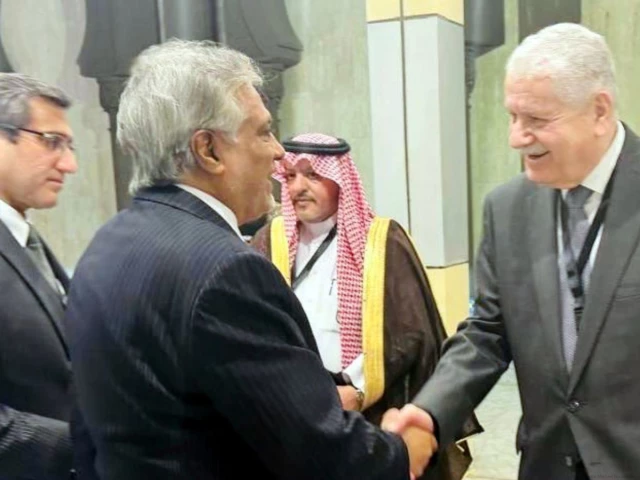
Deputy PM Dar arrives in Jeddah for OIC meeting
Ishaq Dar arrives in Jeddah for OIC meeting on Palestine on 27 February 2026.
Deputy Prime Minister and Foreign Minister Senator Ishaq Dar arrived at…
Continue Reading
-
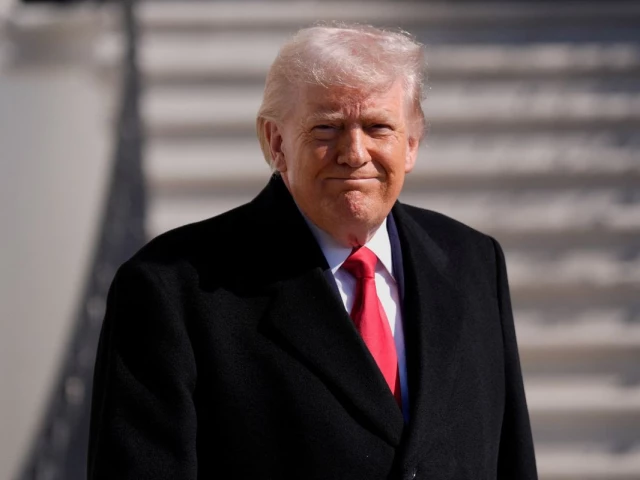
Trump Iranian missile claim unsupported by U.S. intelligence, say sources
US President Donald Trump reacts as he departs from the South Lawn at the White House in Washington, D.C., US, February 13, 2026. PHOTO: REUTERS
US…
Continue Reading
-
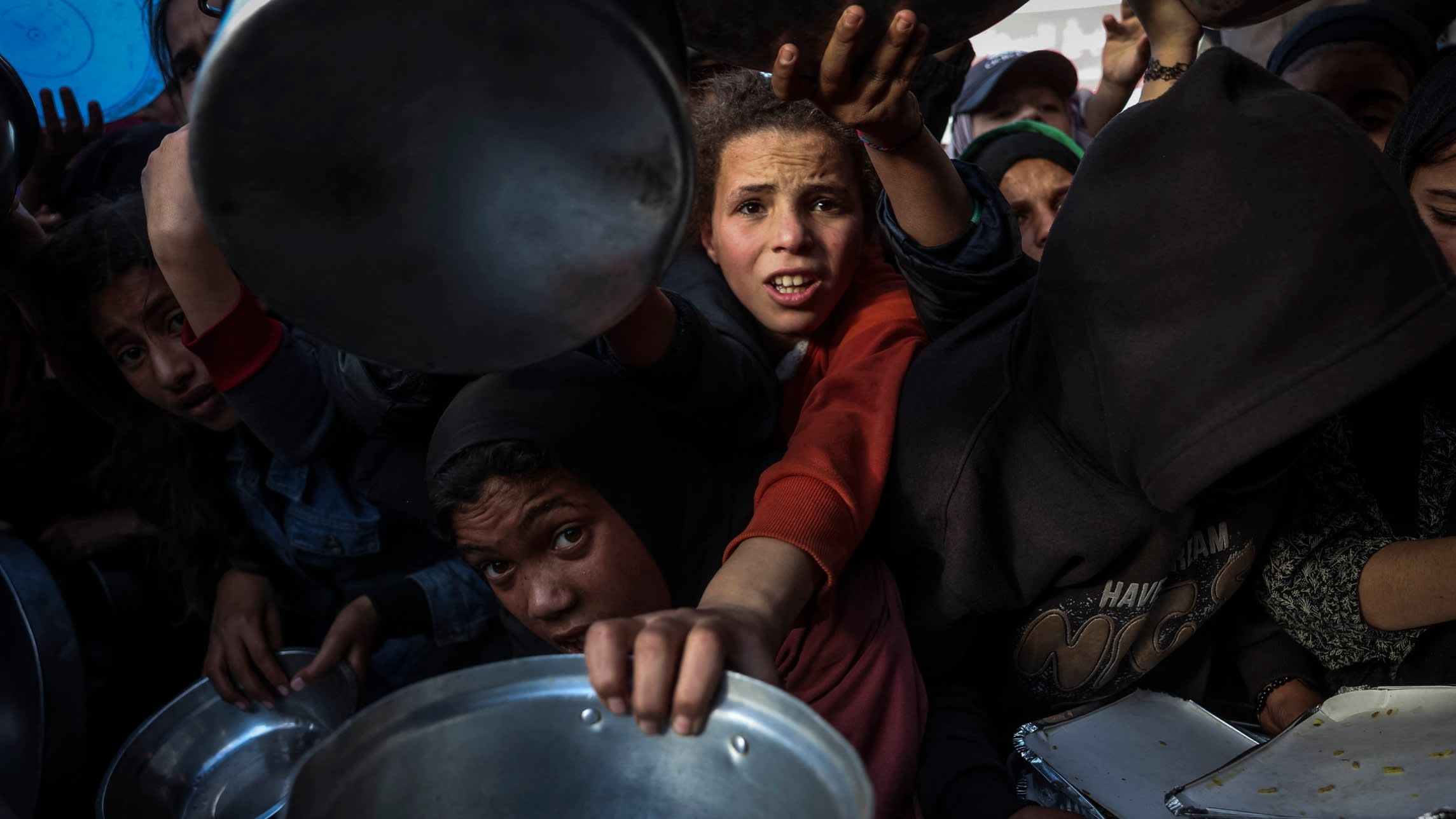
Americans now sympathise with Palestinians more than Israelis, poll finds – Financial Times
- Americans now sympathise with Palestinians more than Israelis, poll finds Financial Times
- Israelis No Longer Ahead in Americans’ Middle East Sympathies Gallup News
- US citizens’ support for Israel at historic low over Gaza genocide: Poll Al…
Continue Reading